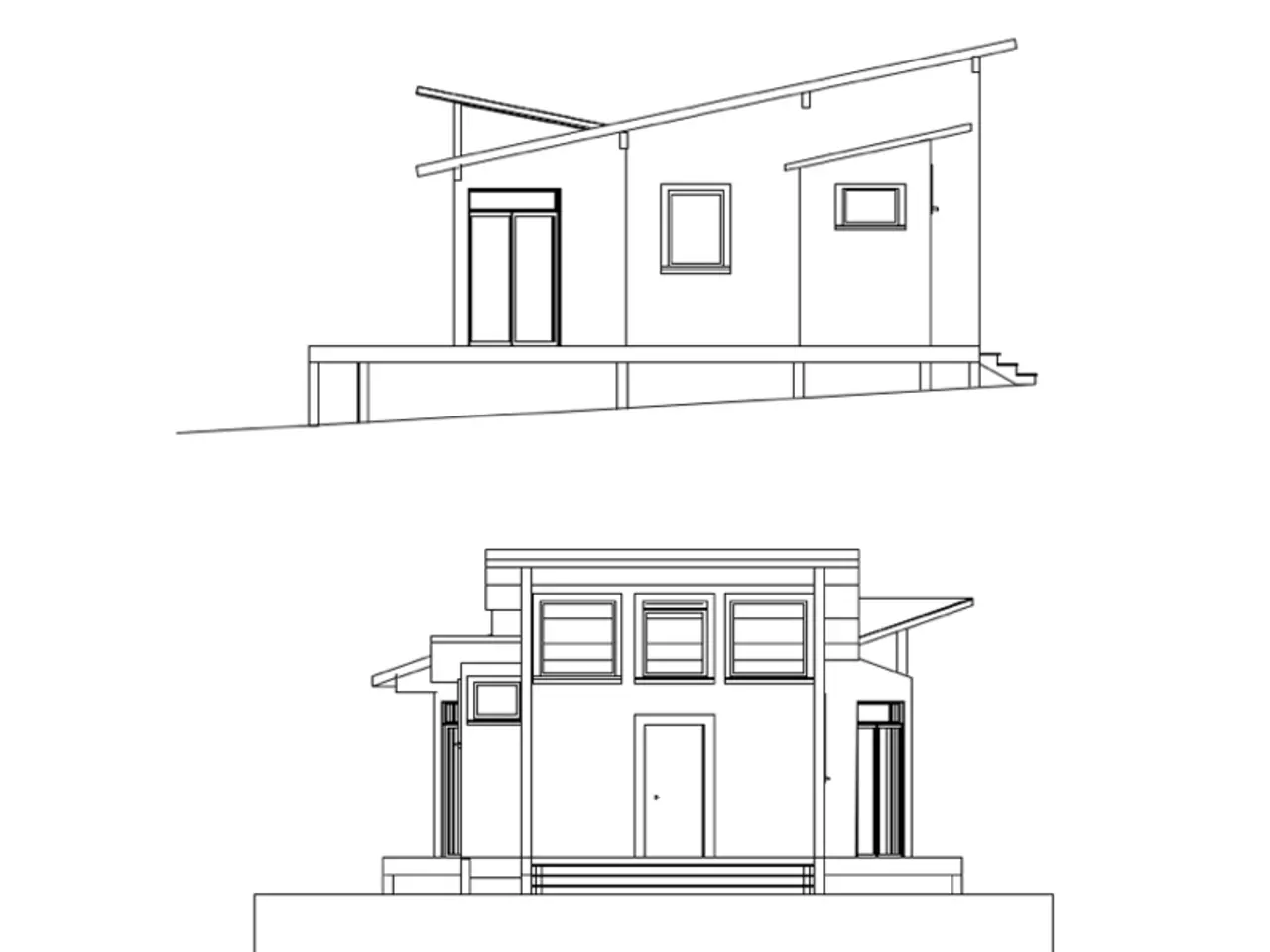Surging Rents in Major German Cities despite Rent Control Measures: A Closer Look
Rents escalate substantially in primary urban areas, contradicting the imposed rent regulations - City rents rise amidst cost decline in metropolitan areas
Hey there! Let's dive into the current housing market trends in Germany, focusing on the rising rents in major cities despite rent control laws.
- Rising Rents Across Major Cities Since 2015, the cost of renting a home in Germany's 14 largest cities has surged considerably, with average offer rents ballooning by almost 50%. Berlin, the capital city, has experienced an alarming 107% increase in new rental prices, followed closely by Leipzig (67.7% increase) and Bremen (57% increase) [1][2].
- Insufficient Housing Supply The significant imbalance between demand and supply is a primary driver behind these rent hikes. Major cities in Germany face acute housing shortages. For instance, Berlin alone requires approximately 23,000 new flats each year, yet construction volumes are significantly behind these needs [5]. This ongoing shortage fuels upward pressure on rents, weakening the intent of the controls intended to cap price rises.
- Exploiting Loopholes and Evading Rent Caps Current rent control laws contain loopholes that some landlords exploit to charge higher rents. For example, furnished lets often bypass rent caps, allowing landlords to charge above the intended limits. Additionally, strict enforcement is challenging, and not all rental transactions, such as private listings or broker-mediated deals, may be captured in data on advertised rents, which can help landlords circumvent controls [1][5].
- Limited Scope and Enforcement The current rent control laws also suffer from limitations in scope and enforcement. Rent controls typically apply only to new rental agreements and to existing apartments in designated tight-market areas, leaving room for rent increases outside these parameters. Furthermore, the enforcement mechanisms may not be robust enough to deter or penalize landlords who violate the rules [1][4].
- Balancing Act between Rent Control and Investor Appetite Policymakers strive to balance rent control with maintaining investor interest. New proposals aim to limit existing rents to no more than 10% above local averages while fostering continued investment in housing. This delicate balancing act can dilute the effectiveness of strict rent control measures [3].
Given these factors, it's evident that the rent control measures in Germany are ineffective in curbing sharp rent increases in major cities due to their limited scope, enforcement challenges, and landlords circumventing restrictions. Government plans now aim to extend and tighten regulations while focusing on increased housing construction to address the root issue of supply shortages [1][3][4][5].
- Despite the presence of rent control measures, the employment policy could be harnessed to encourage property development and address housing shortages in major German cities.
- A proactive employment policy, focusing on enhancing construction and real-estate sectors, could foster the needed supply of housing and mitigate rising rents.
- To further alleviate the housing crisis, governments can implement comprehensive wealth-management strategies that foster long-term investments in the housing market.
- Addressing the finance aspect of the issue is integral; charging lower interest rates for construction loans or providing incentives for property development might help spur the construction of new housing units.








